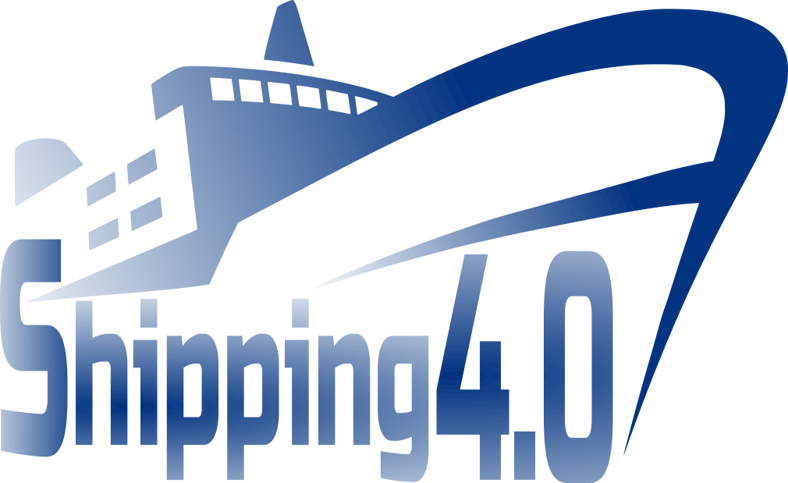SHIPPING 4.0
8th Edition coming soon

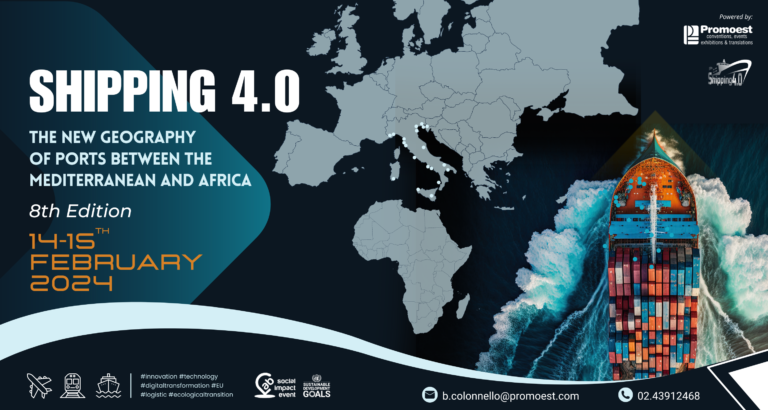
Shipping 4.0, organised by Promoest, is back with its 8th edition and this time aims to explore the untapped potential of the shipping industry straddling Italy, the Mediterranean Sea and sub-Saharan Africa.
The seventh edition, held at the European Parliament in Brussels, was a great success, with in-depth discussions, solutions and innovative ideas shared by participants.
As the world faces the evolving challenges of climate change, economic uncertainty and geopolitical tensions, the shipping industry has a key role to play in shaping a sustainable and prosperous future.
The geographical area that the new edition will cover presents a combination of challenges and opportunities, with transport, geopolitics and finance at the frontline, and will highlight the importance of ecological and energy transition as strengths that can drive innovation, collaboration and growth in the shipping industry.
The conference will offer participants a unique platform to engage in discussions, network with industry leaders and gain insight into the latest trends and technologies.
We invite you to attend this transformative event and join us to explore the untapped potential of the shipping industry.
The full video of the 7th Edition:
About
The shipping industry has come a long way since the days of sailboats and clipper ships.
One of the most significant trends in the shipping industry’s future is the move towards sustainability and eco-friendliness.
This shift towards sustainability is likely to continue, with shipping companies investing heavily in renewable energy sources, such as wind and solar power, and exploring new fuel alternatives, such as hydrogen and biofuels.
Another trend that is likely to shape the future of the shipping industry is the use of digital technologies.
From autonomous vessels and drones to blockchain-based supply chain management systems, digital technologies are set to transform the way goods are transported and tracked.
This is expected to improve efficiency, reduce costs, and enhance safety in the industry.
The impact of the “third pass” and the major new dam in Genoa on the development of traffic from Europe to the Far East and back.
#innovation #technology #digitaltransformation #EU #logistic #ecologicaltransition
We focused on:
Ports and circular economy potential
With the growing emphasis on sustainability and circular economy practices, ports in Europe are being viewed as critical players in driving this transformation.
As key gateways for trade and commerce, ports have the potential to become hubs for the collection, sorting, and redistribution of waste materials, promoting a closed-loop system that maximizes the use of resources and minimizes waste.
Round table 1 will explore the potential of ports in Europe to play a central role in the circular economy, highlighting the opportunities and challenges involved.
The Importance of airport hubs and air cargos
In the European context, airport hubs and air cargo play a crucial role in facilitating international trade and commerce.
With the rise of global supply chains, the efficient movement of goods and services across borders has become more important than ever before.
Airport hubs, which serve as key transfer points for passengers and cargo, are essential to this process. Similarly, air cargo services enable fast and reliable delivery of goods, including perishable and time-sensitive items.
Round table 2 will explore the importance of airport hubs and air cargo in the European context, examining their economic and logistical significance, as well as the challenges they face in an increasingly competitive global marketplace.
Alternative solutions for environmental impact
As concerns about climate change and environmental impact continue to grow, the need for alternative solutions to traditional logistic systems has become increasingly urgent.
In Europe, railways and energy generation through logistic systems are emerging as potential solutions with significant environmental benefits.
Railways offer a low-carbon alternative to road transport, with the potential to reduce greenhouse gas emissions and other negative environmental impacts. Similarly, energy generation through logistic systems can help to reduce carbon emissions by using renewable sources to power transportation and logistics operations.
Round table 3 will explore the potential of these alternative solutions in the European context, highlighting their benefits and the challenges that must be addressed to ensure their successful implementation.
Digitization as an effective mean to achieve European Green Deal
The push towards sustainability and green initiatives has created a need for innovative solutions to address logistical challenges in Europe.
Digitization has emerged as a key tool in achieving the goals of the European Green Deal, Fit for 55% Package, and Sustainable and Smart Mobility Strategy targets within the logistics industry.
By integrating digital technologies into logistics operations, companies can streamline processes, optimize routes, and reduce energy consumption, all while lowering costs and improving overall efficiency.
Round table 4 will explore the potential of digitization as a means to achieve these targets, highlighting the benefits and challenges associated with this transformation.


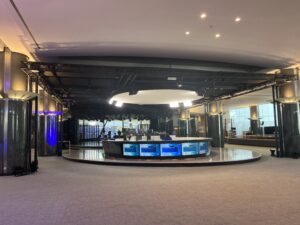
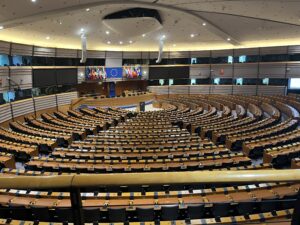
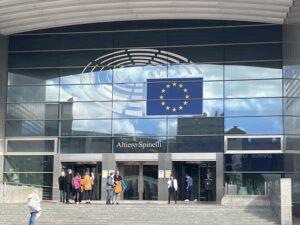
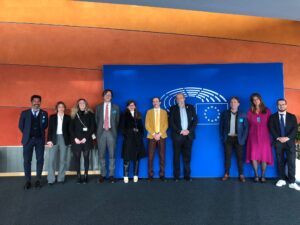

7th Edition press review
Powered by:

